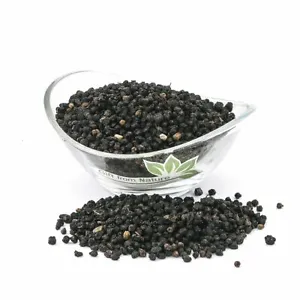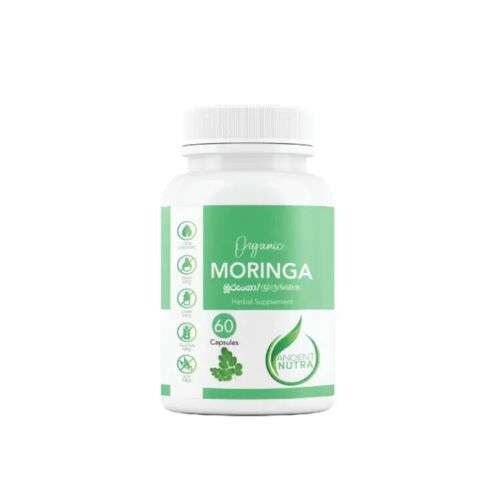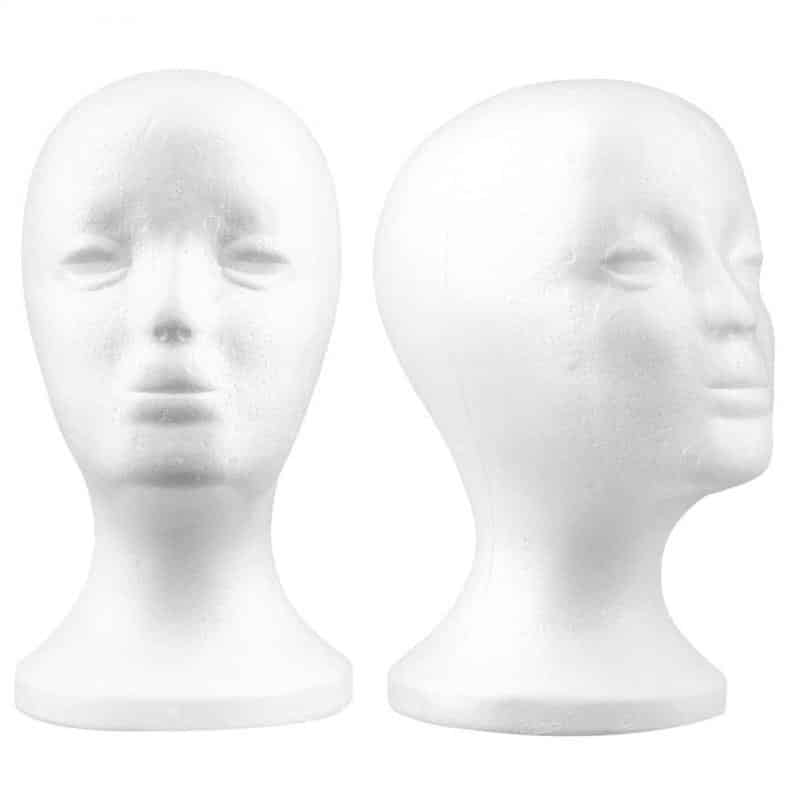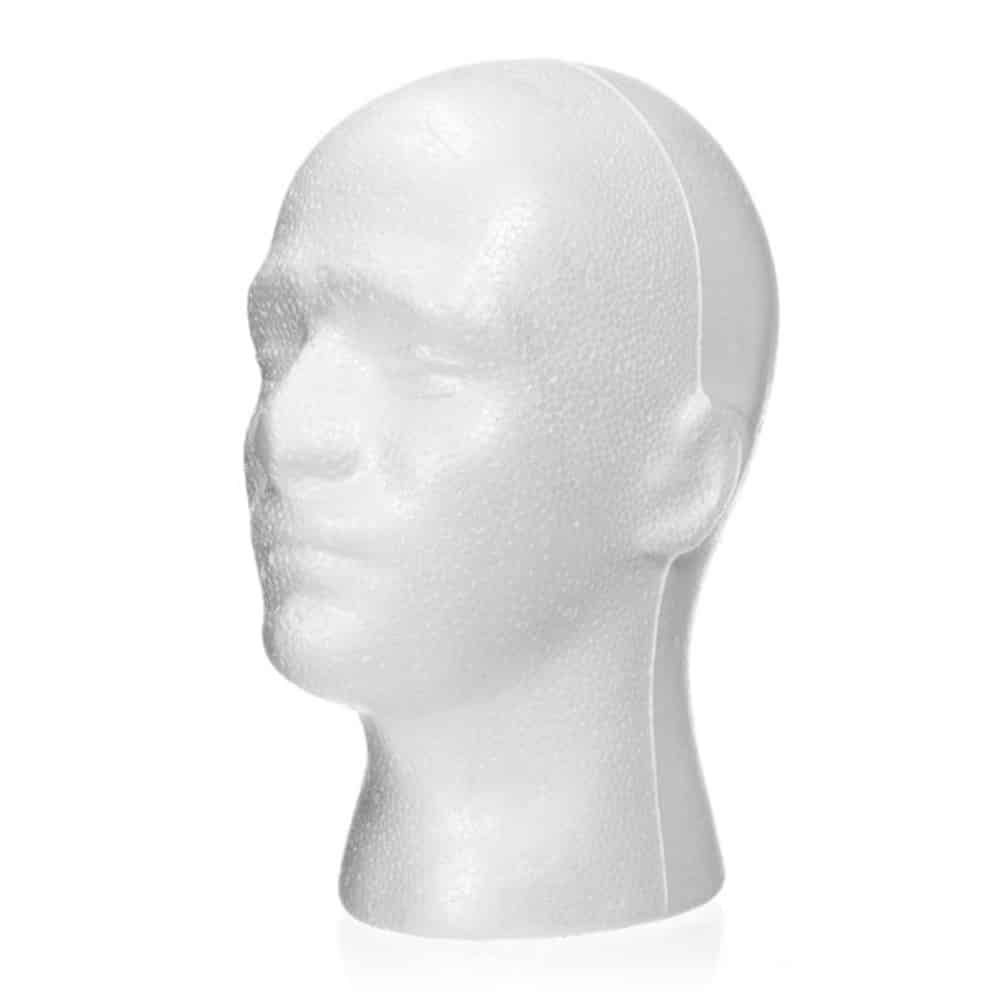ELDERBERRY Berries Dried ORGANIC Bulk Herb,Sambucus nigra Fructus
Botanical name: Sambucus nigra
Family: Caprifoliaceae
Part used: Berry
Origin: Europe
Introduction Elderberries are the dark purple to black colored berries of the elder tree (Sambucus nigra). They have been used in traditional medicine for centuries to treat a variety of ailments, including colds, flu, and inflammation. Elderberries are also a good source of vitamins, minerals, and antioxidants.
Product Features: - High in antioxidants - Rich in vitamins A, C, and E - Contains minerals such as iron, calcium, and potassium - Helps boost the immune system - May help reduce inflammation - May help relieve cold and flu symptoms - May help improve skin health
Benefits of Elderberries Elderberries offer a number of health benefits, including: -
Boosts the immune system: Elderberries are a good source of vitamin C, which is essential for a healthy immune system. Vitamin C helps to protect the body from infection and disease. -
Reduces inflammation: Elderberries contain compounds that have anti-inflammatory properties. These compounds may help to reduce inflammation throughout the body, which can lead to a number of health benefits, including reduced pain and swelling. -
Relieves cold and flu symptoms: Elderberries have been shown to be effective in reducing the symptoms of colds and flu. Elderberries contain compounds that have antiviral and antibacterial properties. These compounds may help to kill the viruses and bacteria that cause colds and flu, and they may also help to reduce inflammation and relieve symptoms such as sore throat, cough, and fever. -
Improves skin health: Elderberries are a good source of antioxidants, which can help to protect the skin from damage caused by free radicals. Free radicals are unstable molecules that can damage cells and lead to premature aging. The antioxidants in elderberries may help to neutralize free radicals and protect the skin from damage.
How to Use Elderberries Elderberries can be used in a variety of ways, including: -
Dried elderberries: Dried elderberries can be used to make tea, syrup, or extract. -
Elderberry tea: Elderberry tea is a popular way to consume elderberries. Elderberry tea can be made by steeping dried elderberries in hot water. -
Elderberry syrup: Elderberry syrup is a sweet and tart syrup that can be used to flavor drinks or take as a supplement. Elderberry syrup is made by simmering dried elderberries in water and sugar. -
Elderberry extract: Elderberry extract is a concentrated form of elderberries. Elderberry extract can be taken as a supplement or used to make elderberry tea or syrup.
Precautions Elderberries are generally safe for most people to consume. However, there are some precautions that should be taken: -
Do not consume raw elderberries: Raw elderberries contain a compound called sambunigrin, which can be toxic. Sambunigrin is destroyed when elderberries are cooked. -
Do not consume elderberries if you are pregnant or breastfeeding: Elderberries may cause uterine contractions and should not be consumed by pregnant women. Elderberries may also pass into breast milk and should not be consumed by breastfeeding women. -
Do not consume elderberries if you have a weakened immune system: Elderberries may stimulate the immune system and should not be consumed by people with weakened immune systems.
Dosage The recommended dosage of elderberries varies depending on the form in which they are consumed. -
Dried elderberries: 1-2 tablespoons per day -
Elderberry tea: 1-2 cups per day -
Elderberry syrup: 1-2 tablespoons per day -
Elderberry extract: Follow the dosage instructions on the product label
Side Effects Elderberries are generally safe for most people to consume. However, some side effects may occur, including: -
Nausea -
Vomiting -
Diarrhea -
Headache -
Skin rash If you experience any side effects from consuming elderberries, discontinue use and consult with your healthcare provider.
WebMD: Elderberry Drugs.com: Elderberry Mount Sinai: Elderberry











